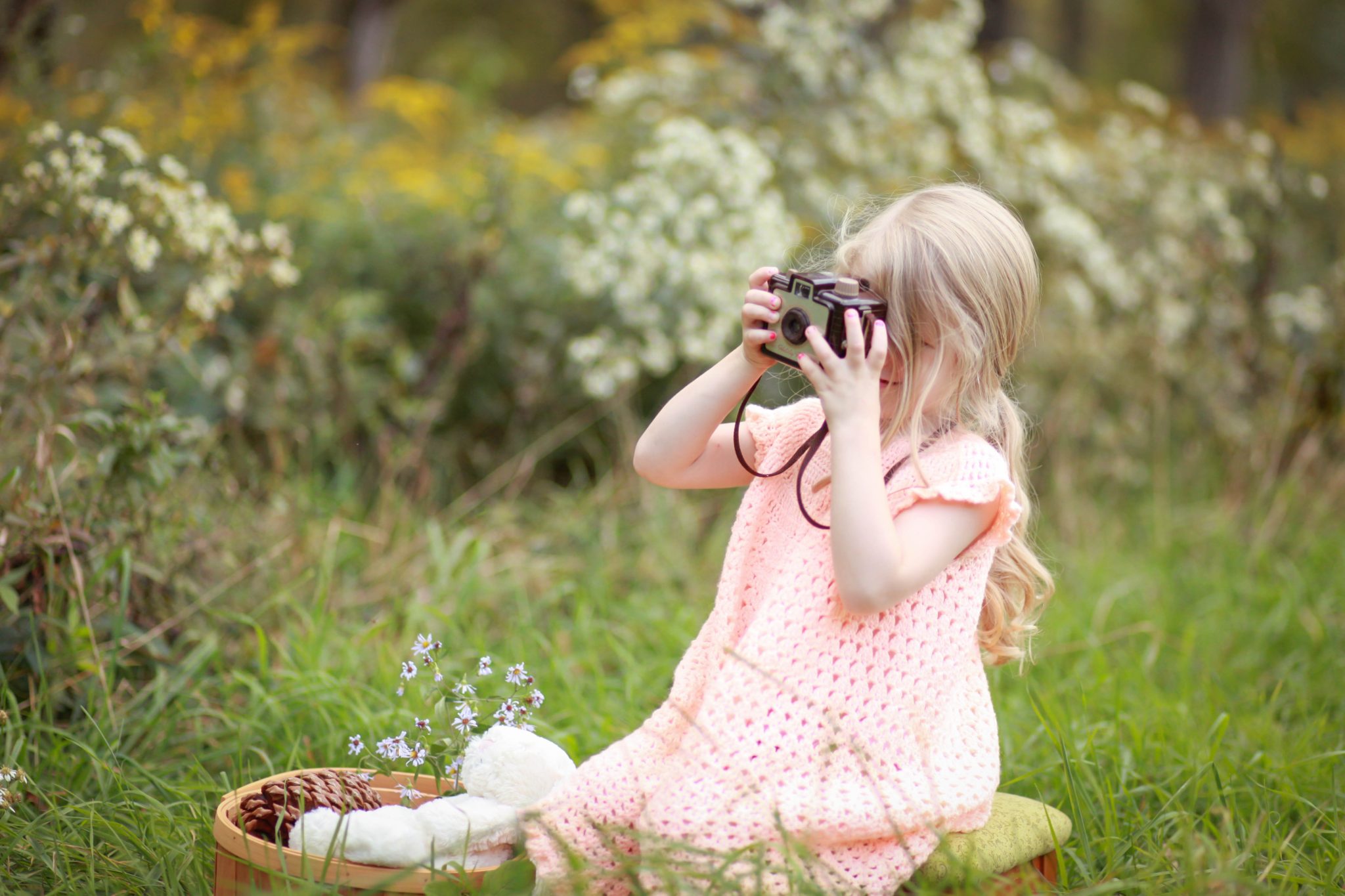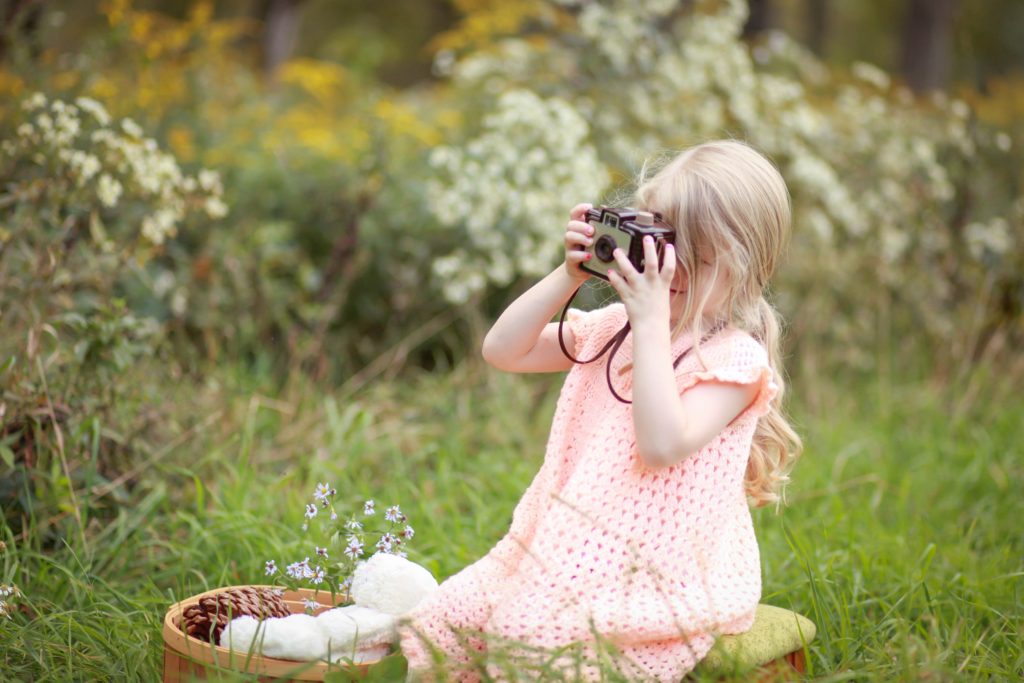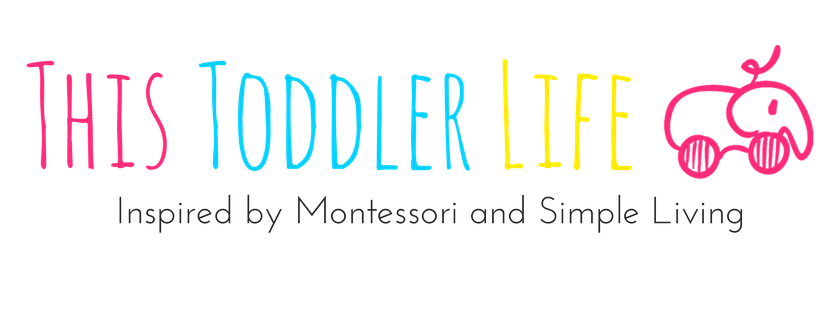- Home /
- Blog /
- PARENTING /
- WHAT IS THE PHILOSOPHY OF MONTESSORI METHOD
xxx videos
massive brown wiener for foxy sweety rilynn rae.xxxvideos
WHAT IS THE PHILOSOPHY OF MONTESSORI METHOD

As a disclaimer, I’d like to state I am not a Montessori teacher nor do I believe I am an expert in the philosophy of Montessori method. I’m simply choosing to live a Montessori lifestyle and while doing so I have learned a lot that I would like to share with others.
This week we will be continuing the 4 part series on Montessori. If you missed last weeks post catch up by going to WHAT IS MONTESSORI & 5 WAYS TO BEGIN.
This second part gets a bit technical but I want to give you the lowdown on what the philosophy of Montessori method is and how it came about so you can better understand it. I’ll try not to go too far down the rabbit hole for all the beginners out there.
Next week we will be getting into some fun ideas of how to incorporate Montessori into your lives and some activities your toddler will enjoy around the house. Be sure to subscribe to receive your list of age appropriate activities and updates about this series.
Montessori Activity List

Receive your FREE Montessori Age-Appropriate Activity List when you sign up! Get started living a Montessori lifestyle today!
You are also agreeing to our Privacy Policy.
Who is Maria Montessori?
Maria Montessori was a beautiful soul who started her life’s work in 1907 when she opened ‘Casa dei Bambini’ or ‘Children’s House’. It was there that she discovered through observation that children learn almost effortlessly. This is where her lifelong pursuit of educational reform began.
Maria believed that each child had a naturally positive outlook about learning. She wanted each child to develop confidence, self-discipline and a love of learning. She believed this would create a confident child both socially and academically.
Maria developed this approach through years of observation of many children of all different backgrounds all the way from birth to childhood. Her professional career educating children spanned over 50 years.


Philosophy of Montessori Method
A child-centered but an adult guided approach, Montessori is structured but is also free for learning. This method of education lets the child choose through natural abilities and practical play.
Children learn with activities that involve exploration, manipulations, repetition, abstraction, order and communication. Adults should encourage children to use their senses to explore the materials.
The transformation from birth to adulthood occurs through a series of developmental planes. Maria Montessori explained that human tendencies are observable at all ages but they change from each plane.
The Absorbent Mind – Birth to age 6
The Reasoning Mind – age 6 to 12
The Humanistic Mind – age 12-18
The Specialist Mind – age 18-24
7 Quotes from Maria Montessori
I’ve added a few of Maria Montessori’s famous quotes here because I want you to get a better understanding of her mind and who she really was.
- “Little children, from the moment they are weaned, are making their way toward independence.”
- “The things he sees are not just remembered; they form a part of his soul.”
- “Children are human beings to whom respect is due, superior to us by reason of their innocence and of the greater possibilities of their future.”
-
“The child is both a hope and a promise for mankind.”
- “The first essential for the child’s development is concentration. The child who concentrates is immensely happy.”
- “Never help a child with a task at which he feels he can succeed.”
-
“The goal of early childhood education should be to activate the child’s own natural desire to learn.”
Montessori Activity List



Receive your FREE Montessori Age-Appropriate Activity List when you sign up! Get started living a Montessori lifestyle today!
You are also agreeing to our Privacy Policy.
I challenge you to pick one of these quotes and keep it as a reminder of why you are interested in Montessori. What attracted you to Montessori in the first place? Which quote resonates with you the most? Let me know in the comments!
Also, remember to come back next week for some Montessori basics for raising your toddler and great activities for your child. Subscribe today for next week’s post to get sent straight to your email!
This content uses referral links. Read our disclosure policy for more information.
Click Here to Leave a Comment Below
Leave a Comment:
